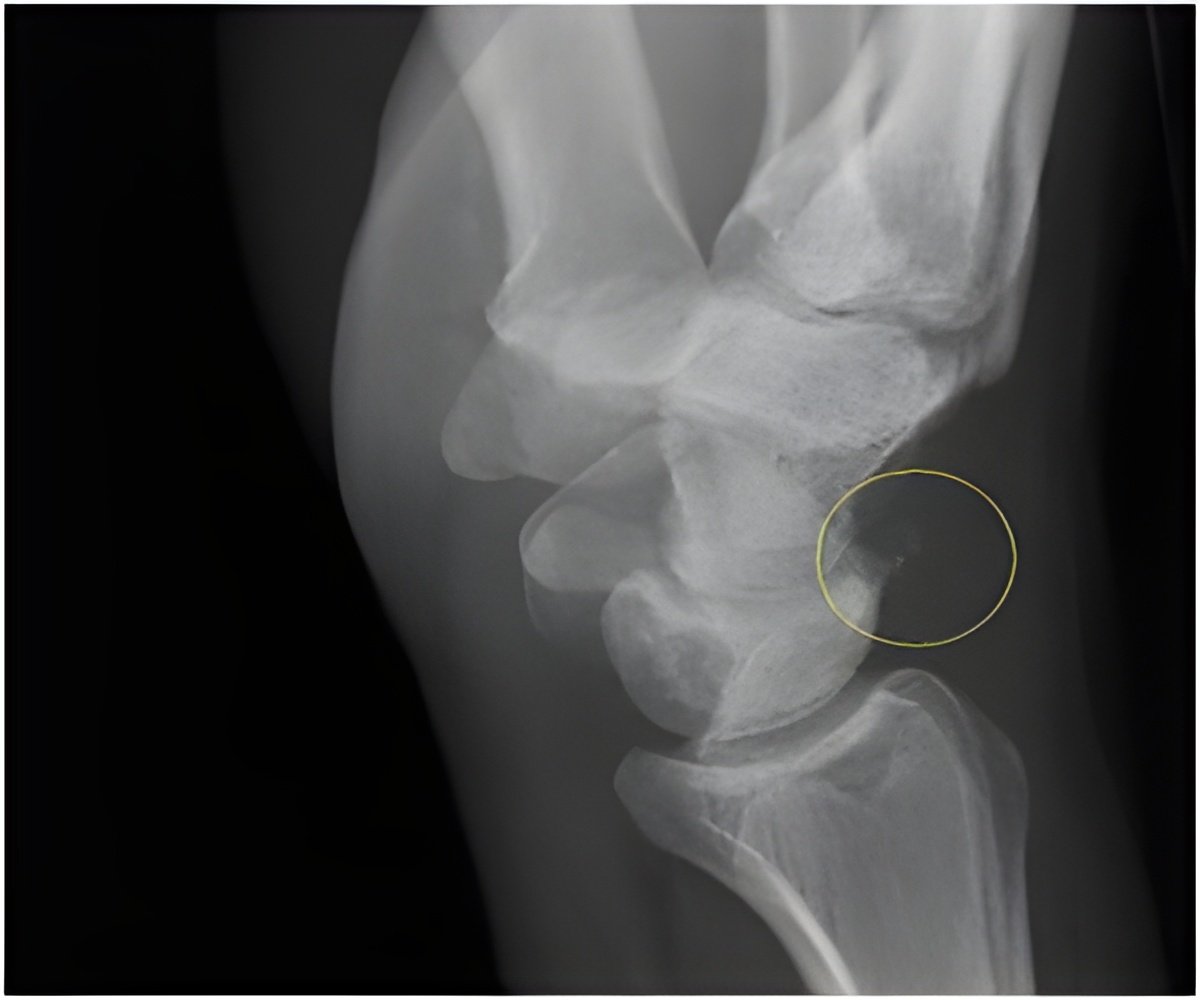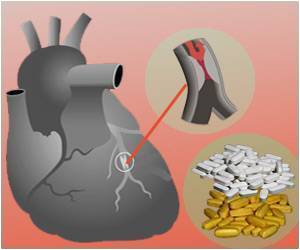
"Long-term use of AEDs is associated with loss of bone mass and increased risk of osteoporosis," explains Dr. Antonio Lazzari with the VA Boston Healthcare System in Massachusetts and lead author of the present study. "Our study is the first longitudinal trial of a bisphosphonate (risedronate), along with calcium and vitamin D supplementation, in preventing and treating bone loss in male veterans with epilepsy receiving AED therapy."
The antiepileptic drug and osteoporosis prevention trial (ADOPT) was a prospective two-year randomized, double-blind, placebo-controlled phase IV clinical trial of 80 male veterans with epilepsy who were treated with an AED for a minimum of two years. All participants received calcium and vitamin D supplements, and were randomized to risedronate or placebo. Subjects received total body, hip, and spine bone density assessments at baseline, one year and two years following their study enrollment.
Baseline characteristics of subjects were similar and 53 patients completed the two-year study. Significant improvement in bone density compared to baseline was observed in 69% and 70% of patients in the placebo and active drug groups, respectively. Patients taking risedronate displayed a significant increase in bone density at the lumbar spine, compared to subjects in the placebo group.
Dr. Lazzari concludes, "Our findings suggest calcium and vitamin D with or without risedronate improves bone density in epilepsy patients taking AEDs. However five new vertebral fractures were observed in the placebo group and none in the active medication group. Adding risedronate to the supplements appears to prevent new fractures in this group of veterans."
The authors caution that therapy with antiresorptive agents should be limited to five years to reduce side effects associated with long-term use of this group of drugs including osteonecrosis of the jaw and atypical femoral fractures. Researchers recommend future studies of efficacy and safety with the long-term use of bisphosphonates in patients with epilepsy.
Advertisement
Source-Eurekalert














